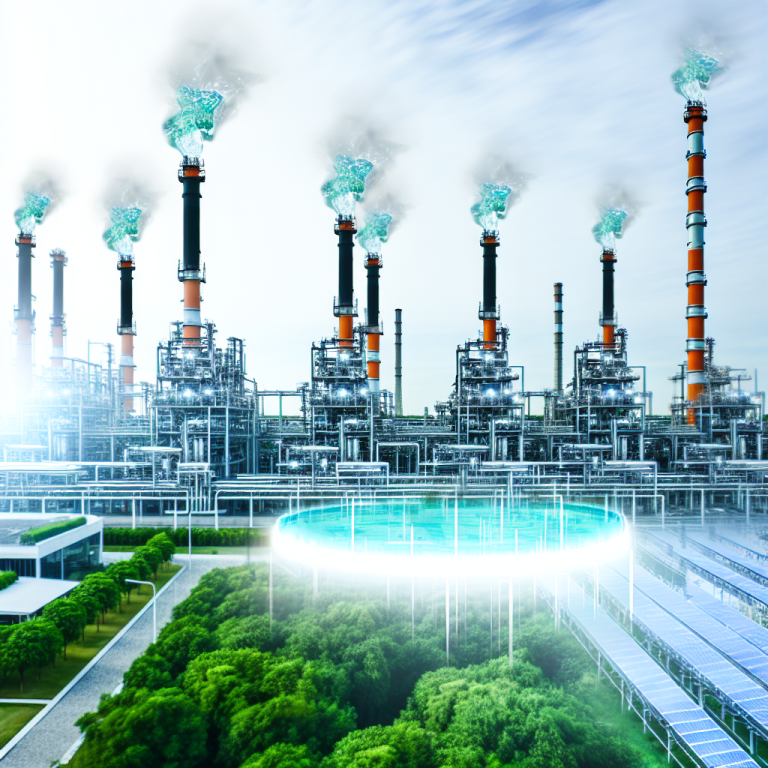In an age where the world is battling the effects of climate change driven by carbon dioxide emissions from fossil fuels, the concept of the refinery of the future is slowly gaining traction. Coal, oil, and gas have long been the primary sources of energy for societies around the globe, but their negative impact on the environment cannot be ignored. With efforts underway to transition to renewable energy sources and create a carbon-neutral society by 2050, reimagining the traditional oil refinery is crucial.
While renewable electricity can eventually substitute for fossil-fuel-based energy, the demand for transport fuels and chemicals produced in refineries remains high. To address this challenge, experts propose electrifying refinery processes and shifting away from fossil fuels as raw materials. Instead, they suggest using carbon dioxide to create hydrocarbon fuels and leveraging agricultural and municipal waste for chemicals and polymers production. This shift would not only minimize the carbon footprint associated with traditional refineries but also pave the way for a completely fossil-free future.
The vision for a fossil-free refinery is ambitious but plausible with sustained long-term commitment and support. Scientists and technology experts believe that with the right resources, the necessary innovations can be developed to deliver essential products post-2050, with a greater focus on chemicals rather than fuels. This future refinery, however, comes with its challenges, including the need for larger areas and mineral resources than current refineries require. Additionally, its success hinges on the ability to generate significant amounts of renewable energy for hydrogen production and carbon dioxide capture.
The transition to a carbon-neutral society demands innovative solutions across all sectors, including the oil and gas industry. At the heart of this transformation lies the refinery of the future, designed to meet the world’s energy and product needs without compromising the environment. By embracing clean technologies and sustainable practices, this revolutionary concept holds the key to mitigating climate change and fostering a more sustainable future for generations to come.
As the world races against time to combat the impacts of climate change, the urgency to develop and implement green energy solutions has never been greater. The refinery of the future offers a glimpse into a world where traditional fossil fuels are replaced by renewable alternatives, paving the way for a cleaner and more sustainable future. While challenges remain, the potential benefits of transitioning to a completely fossil-free refinery are immense, offering hope for a healthier planet and a brighter tomorrow. With concerted efforts and unwavering commitment, this innovative vision may soon become a reality, revolutionizing the way we produce and consume energy for years to come.




